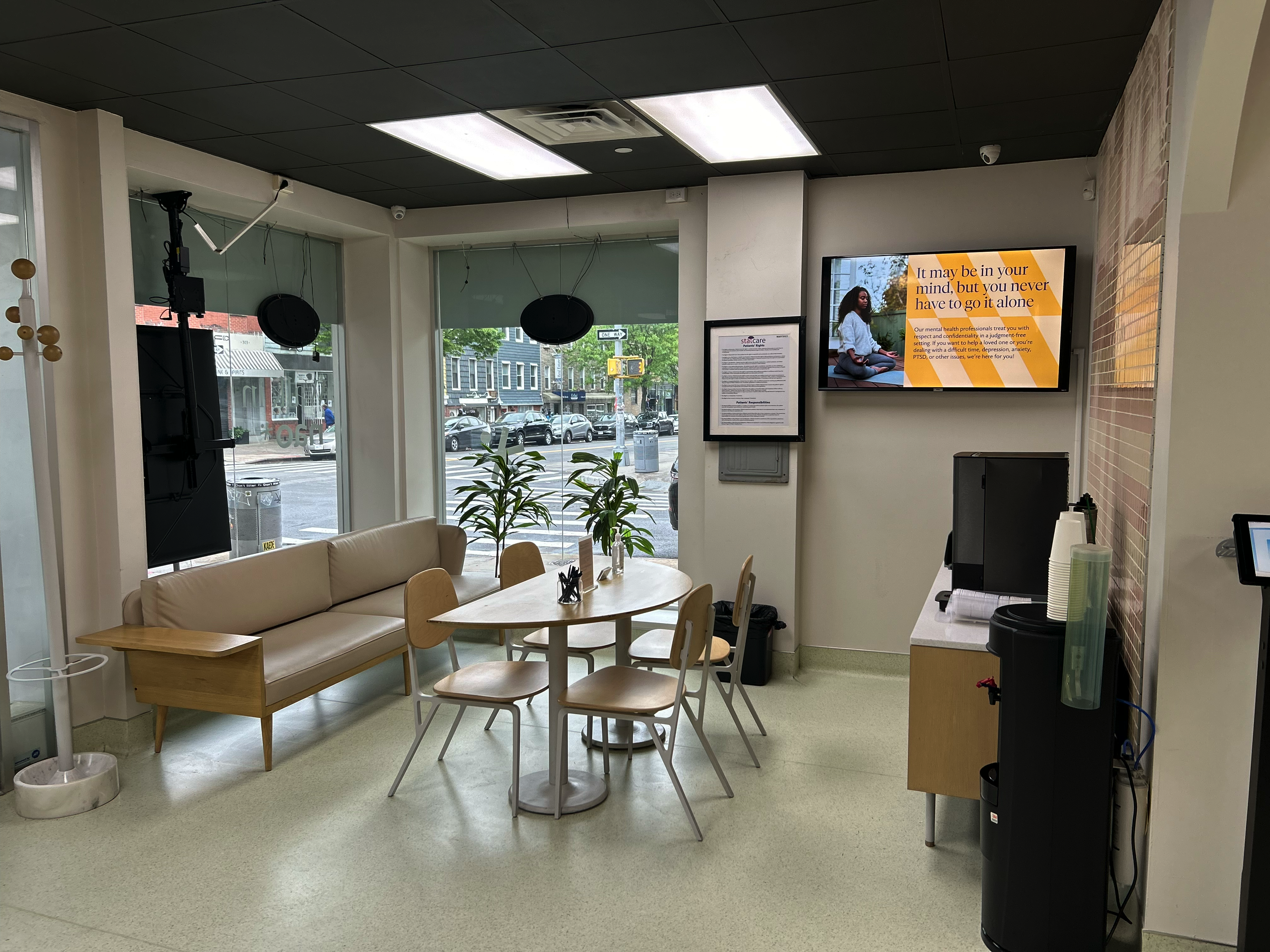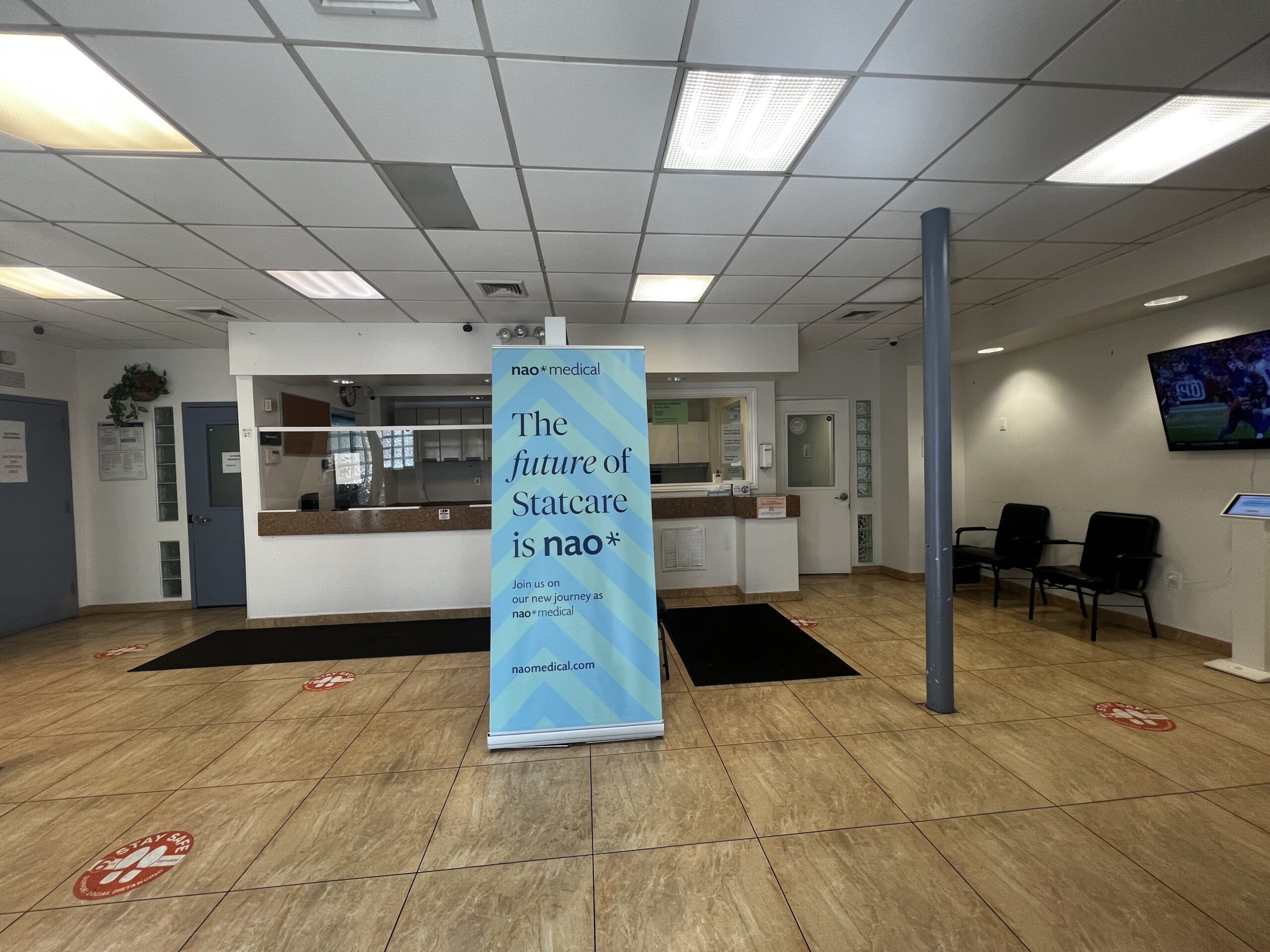A urinary tract infection is a common infection that affects the urinary system. The urinary system consists of an upper tract, which includes the kidneys and ureters, and the lower tract, where the urethra and bladder are.
Some UTIs go away on their own, but some need treatment. When you don’t get treatment, it could lead to serious health complications, such as kidney infections and sepsis. You can prevent that by getting UTI treatment from an urgent care near you. Let’s discuss UTIs and why you should seek treatment at an urgent care center.
What causes a UTI?
There are many causes for a urinary tract infection. The most common are:
- E. coli is the bacteria that cause most urinary tract infections. It resides in and around the anus. This bacteria can easily travel to the genital area, the urethra, and the bladder. Women should always wipe from front to back to prevent that from happening.
- For men, an enlarged prostate can prevent them from completely emptying their bladders, putting them at a higher risk for a urinary infection.
- Being sexually active is another common cause of a UTI. You can introduce bacteria into the urinary tract through birth control methods like condoms and spermicide.
- A weak immune system can make a person more prone to urinary tract infections.
Common UTI symptoms
Some of the common symptoms of a UTI include:
- A burning sensation when urinating
- A frequent urge to urinate
- Minimal but painful urine flow
- Urinary incontinence or an inability to hold your urine
- Cloudy urine
- Foul-smelling urine
- Pressure or pain in your lower abdomen or pelvic area
- Fatigue
- Fever
Surprisingly, some people don’t have any of the above symptoms. Unlike younger patients, older adults with a UTI are more prone to experience confusion or disorientation.
Warning signs of a urinary infection that needs serious medical attention are fever, bloody urine, chills, shaking, and pain in the side or upper back. These may indicate that the bacteria has moved further into the urinary system, affecting the bladder and the kidneys. If you’re experiencing any danger signs, consult a doctor immediately.
How are UTIs diagnosed?
A healthcare professional often diagnoses UTIs based on a patient’s symptoms. In cases where there are few symptoms or none at all, a urinalysis or a urine culture is required to check for a UTI.
A urinalysis is a test that involves checking a urine sample for white blood cells. The presence of these cells indicate that the body is fighting an infection. A urine culture, on the other hand, involves growing bacteria in a urine sample in a laboratory. This test helps doctors identify what type of bacteria is causing the UTI and which antibiotics can work against it.
These tests are done for individuals who:
- Are experiencing early signs of UTI
- Might have a kidney infection
- Have symptoms that aren’t common in most bladder infections
- Have experienced antibiotic-resistant infections in the past
- Took antibiotics recently
- Experience frequent UTIs
- Don’t feel better 24 to 48 hours after starting antibiotics
- Are pregnant
How to treat a UTI?
The treatment plan for a urinary tract infection may vary depending on the type of UTI, how severe the infection is, as well as the general health status of the patient.
Antibiotics
The basic treatment plan for UTIs include antibiotics. Most can be used by both females or males but only as long as there are no issues concerning the prostate gland. There are also medicines that can be prescribed for antibiotic-resistant bacteria. The treatment plan may include a single dose or a seven-day course of antibiotics.
Symptoms should start to go away within a day of beginning treatment. It’s crucial to complete the full course of antibiotics to get rid of the infection completely, even if follow-up tests are returning negative results. The bacteria may still be present but reduced to an undetectable amount.
If symptoms persist or get worse, call your doctor immediately.
Pain relief
UTIs are often accompanied by pain and discomfort. If needed, your doctor can prescribe medication to help numb the bladder and urethra, helping minimize the burning sensation.
Although helpful, doctors recommend taking pain relievers only when the pain is too much to bear and not more than two days. Such medications could interfere with lab results and change the color of urine. Besides, it may mask symptoms that may require immediate attention.
Fluids
Although there are no studies to back up the recommendation that water can help flush out bacteria, it’s still good to drink more fluids while treating a UTI.
What happens to untreated UTIs?
If you don’t get treatment for a UTI, it could lead to serious long-term complications, including:
- Kidney infection
- Premature birth and other complications in pregnancy
- Permanent kidney damage
- Sepsis
Where to get UTI treatment near me?
Most cases of UTIs and even kidney infections aren’t severe enough to warrant a trip to the emergency room. However, you should get relief and treatment as soon as possible.
Waiting a long time before seeking medical advice from a primary care physician could result in the infection spreading to your kidneys or, worse, entering the bloodstream.
Instead of waiting for an appointment with your primary care doctor or paying the high costs of an ER to treat UTIs, visit an urgent care clinic instead to get immediate treatment.
What to do with a UTI that keeps coming back?
Some adults, especially women, get bladder infections frequently. The best way to confirm that your symptoms are that of a UTI is through urine tests, including a urine culture.
Recurrent bladder infections are usually treated the same way as the initial infection unless your infection is known or thought to be caused by resistant bacteria. If you are antibiotic-resistant, we may prescribe a different set of medications.
If you continue to get bladder infections, you may require further testing. There may be other issues with your kidneys, ureter, bladder, or urethra, or you might have a kidney stone.
A health screening may include imaging tests, such as a CT scan, an ultrasound, or cystoscopy, which involves looking inside the bladder with a thin, lighted telescope-like instrument.
If you continue to notice blood in your urine after your bladder infection has cleared, you might need to get tested for other medical conditions.
Get UTI treatment
Urinary tract infections are common, so there’s no need to worry if you get one. Some people wait a day or two for it to clear up, and there are medicines you can take for temporary relief. But if symptoms get worse, you should let your healthcare provider know. This way, you can work together to find the most suitable treatment for you.
 (917) 310-3371
(917) 310-3371
















